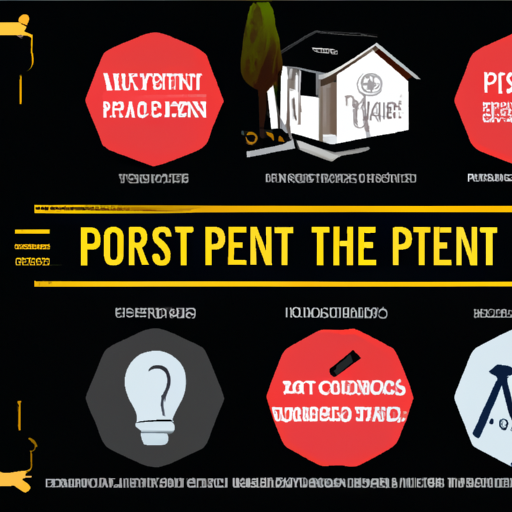
Investing in Real Estate: A Beginner’s Guide
Welcome, curious reader! If you’re interested in learning about investing in real estate, you’ve come to the right place. Real estate investing can be an exciting and lucrative endeavor, but it’s important to understand the basics before diving in headfirst. Let’s explore some common questions people have about this topic.
What exactly does investing in real estate mean?
Investing in real estate refers to the purchase, ownership, and management of property for the purpose of generating income or long-term appreciation. It involves acquiring properties, whether residential or commercial, with the intention of making a profit.
Why do people invest in real estate?
There are several reasons why people choose to invest in real estate:
- Income generation: Real estate can provide a steady stream of rental income, especially if you own multiple properties.
- Appreciation: Over time, real estate tends to increase in value, allowing you to sell the property for a higher price and make a profit.
- Tax benefits: Real estate investors can enjoy tax advantages such as deductions on mortgage interest, property taxes, and depreciation.
- Diversification: Investing in real estate can diversify your investment portfolio, reducing risks associated with having all your eggs in one basket.
What are the different ways to invest in real estate?
There’s more than one way to invest in real estate. Here are a few common strategies:
- Rental properties: Purchasing residential or commercial properties and renting them out to tenants for ongoing rental income.
- Fix-and-flip: Buying properties in need of repairs or renovations, fixing them up, and then selling them quickly for a profit.
- Real estate investment trusts (REITs): Investing in publicly traded companies that own, operate, or finance income-generating real estate.
- Real estate crowdfunding: Pooling funds with other investors to collectively invest in larger real estate projects.
What should beginners keep in mind when investing in real estate?
First and foremost, it’s crucial to conduct thorough research and educate yourself about the real estate market. Here are a few tips to keep in mind:
- Set clear goals: Determine what you want to achieve with your real estate investments, whether it’s regular income or long-term appreciation.
- Start small: As a beginner, it’s generally advisable to begin with a single property and gradually expand your portfolio as you gain experience.
- Do the math: Analyze the potential cash flow, expenses, and return on investment (ROI) for any property you’re considering to ensure it aligns with your financial goals.
- Understand the risks: Real estate investing comes with risks, including market fluctuations, unexpected expenses, and vacancies. Be prepared to handle these challenges.
- Get professional advice: Consider consulting with a real estate agent, accountant, or financial advisor who specializes in investment properties to gain valuable insights.
Remember, investing in real estate requires patience, persistence, and a willingness to learn. By starting small, doing your due diligence, and seeking professional advice, you’ll be equipped to make informed decisions and embark on a successful real estate investment journey. Happy investing!